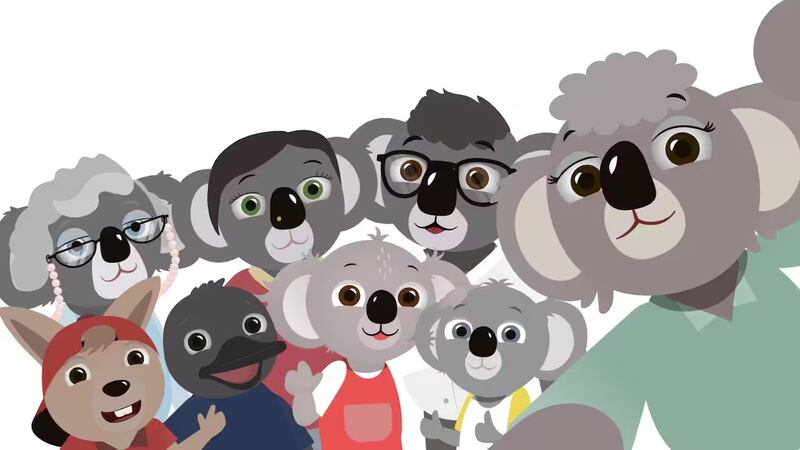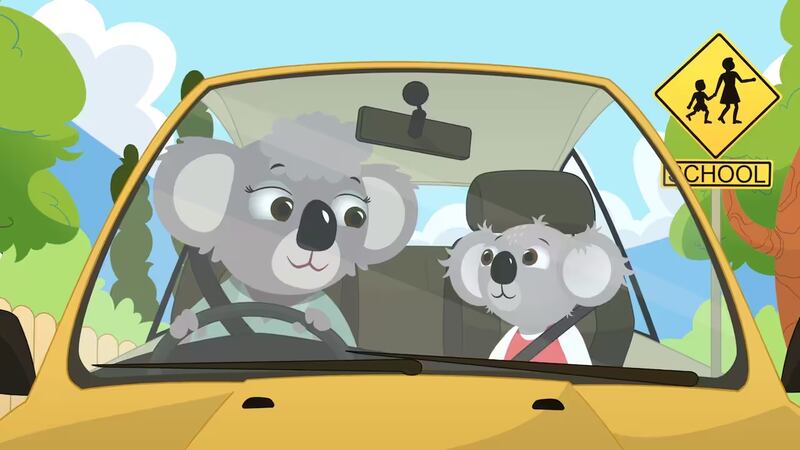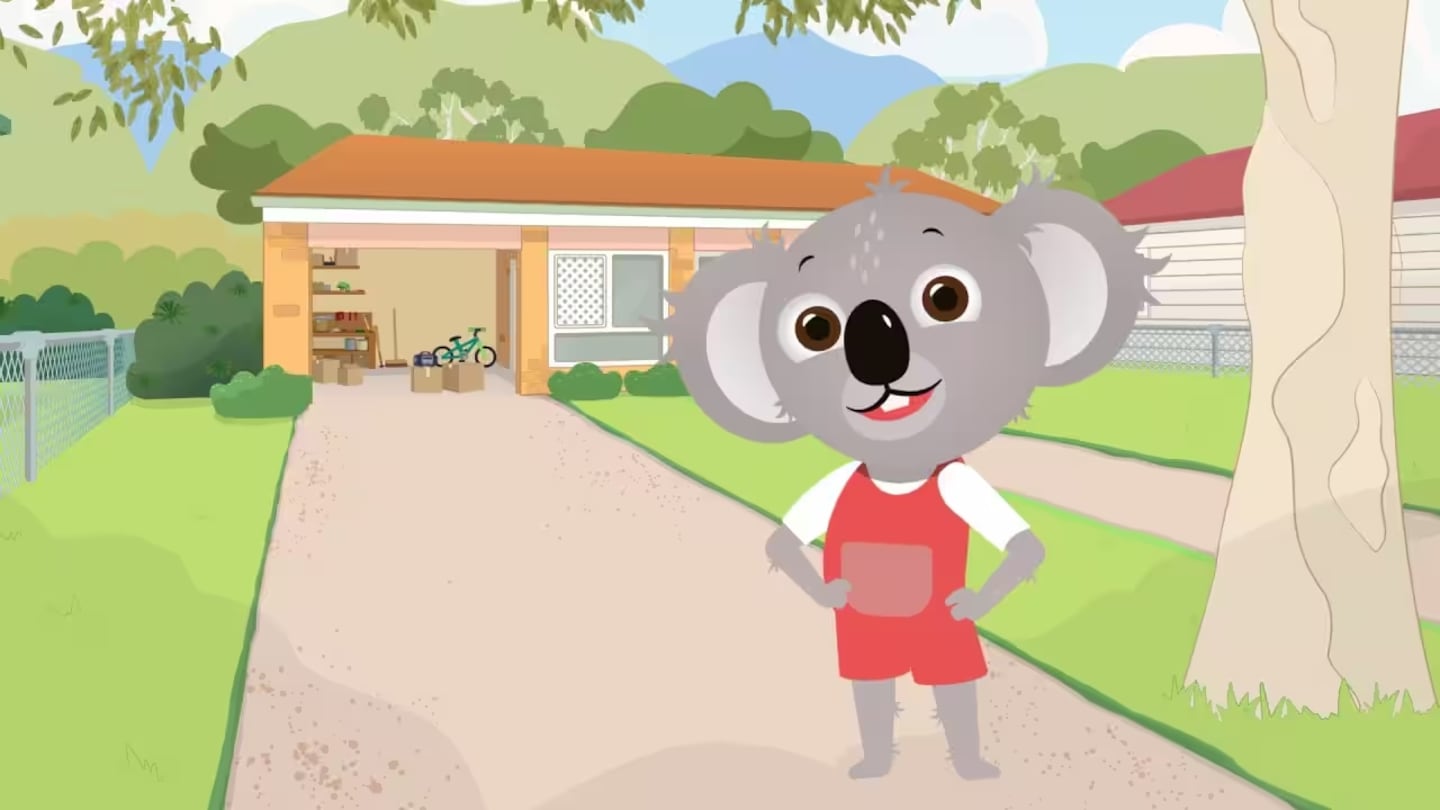This article was first published by NITV.
Much like Bluey teaches families to be more playful in their parenting, Nicole Hewlett hopes her lovable animated characters will educate children, parents and care-givers about the strengths of those who think differently.
The project, a two-part animated series developed by Hewlett and the Strong Mothers group at Carbal Aboriginal Medical Service in Toowoomba, follows the adventures of Kit the Koala, who lives with fetal alcohol spectrum disorder (FASD).
FASD is a term used to describe the life-long impacts on the brain and body that people can experience following prenatal exposure to alcohol.
“We hope to build the capacity of families to live well with those who have FASD and understand how we can better support our loved ones with FASD,” said Hewlett.
In the series, Kit is joined by a host of other cute characters - a possum living with autism, a wallaby with ADHD and a platypus with a combination of the two.

Hewlett, a proud palawa woman and PhD student at the University of Queensland, has worked on strengths-based, healing-informed and trauma aware approaches to FASD for over ten years.
She says the intention of the project is to change the narrative around neuro-divergence, especially FASD.
“When we take the western approach, there is just so much deficit, and it’s all about how disabled these people are, how impaired they are, how they’re a burden or an object of pity,” she told NITV.
“And as soon as we do that we tend to stigmatise and when we stigmatise we exclude, and in the case of FASD when you exclude you criminalise.
“We want to change those narratives.”
Hewlett said the project leans into the power of Aboriginal humour to connect with audiences.
She said, the project, from start to finish, script, music and voices, is mob-made.
Carbal Aboriginal Medical Service brings together the Strong Mothers group to offer holistic support.
Through Hewlett’s yarns with the group, and with the help of comedian Sean Choolburra, came the development of the scripts for the show.
“The women in particular were the ones that inspired Kit - the world’s first FASD mascot,” said Hewlett.
“We made [the main character] a Koala because we don’t want to create further harm for our community by making it seem like it’s an Aboriginal problem or that FASD has a particular look, because most of the signs of FASD are not physical.”
“What Kit brings is understanding that all of these behaviours come from being misunderstood and from a need to be loved.”
Hewlett said to combat those myths around FASD, the animation shows the behavioural signs of FASD in a way that fosters understanding.
“Kit will engage in certain behaviours, but the series will highlight where those behaviours come from,” said Hewlett.
“What Kit brings is understanding that all of these behaviours come from being misunderstood and from a need to be loved and wanting to belong.”
Hewlett said it was important to ensure the show connected with mob without making it solely about Aboriginal communities.
“A lot of our mob will pick up an Aboriginal voice and when you’ve got Sean Choolburra it’s very notable ... but it will also resonate and connect to non-Indigenous people, and people of other cultures, because those sort of subtle things wouldn’t be so obvious to them.”

Hewlett said the show’s humour will also facilitate inclusion and destigmatise.
“What you see in these videos is just the level of humour that Aboriginal people bring to everything and how that has sustained our culture for millennia and I just feel like it’s one of our most understated superpowers that we’ve ever had,” she said.
At the moment the videos are being used at Carbal, but Hewlett said she hopes to share them with other community-controlled services and her ultimate goal is to develop the project into a full series on television.
“The best way to do that would be through having it on TV - that’s our vision,” she said.
“How do we facilitate access to this amazing gift of neuro-affirming for everyone - to reduce bullying, to increase understanding and just create a more compassionate society for difference and to appreciate that difference and understand what that difference can mean in terms of bringing so much benefit to all Australians.”
By Madison Howarth of NITV.



